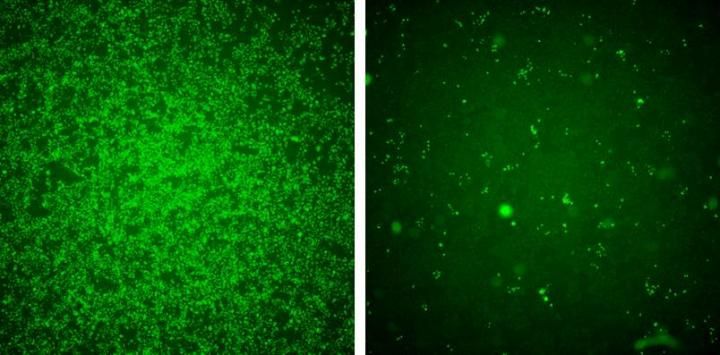Pan-European initiative to uncover biological basis of dyslexia
Researchers from nine European countries are cooperating to build the largest biological database on dyslexia worldwide. The project is called NEURODYS and shall put Europe at the forefront of dyslexia research. Nearly 4000 children will be assessed in this large coordinated effort, which is supplemented by several major national projects.
In Sweden the participating group, led by Professor Juha Kere at Karolinska Institutet, will apply genetic research on the large collection of samples to be collected in the project. This group has previously identified dyslexia genes and is now looking for yet new genes that increase the chance of dyslexia.
NEURODYS links 15 top research groups and clinics from 9 different countries. It also covers the most common European languages of the 2.5 Million dyslexic school children. The project combines analyses of how the reading problems relate to genes, environment, brain structure, and brain function. Nearly 4000 children will be assessed in this coordinated effort.
Most read news
Other news from the department science

Get the analytics and lab tech industry in your inbox
By submitting this form you agree that LUMITOS AG will send you the newsletter(s) selected above by email. Your data will not be passed on to third parties. Your data will be stored and processed in accordance with our data protection regulations. LUMITOS may contact you by email for the purpose of advertising or market and opinion surveys. You can revoke your consent at any time without giving reasons to LUMITOS AG, Ernst-Augustin-Str. 2, 12489 Berlin, Germany or by e-mail at revoke@lumitos.com with effect for the future. In addition, each email contains a link to unsubscribe from the corresponding newsletter.
























































